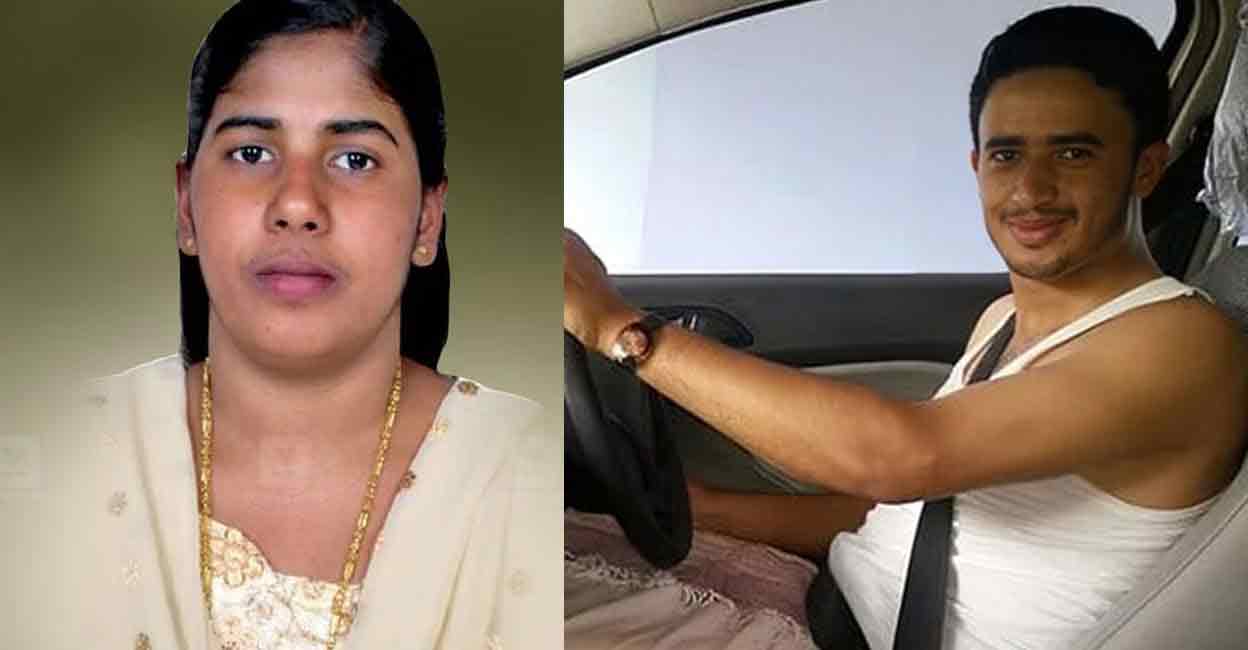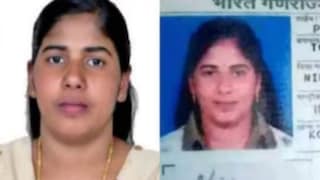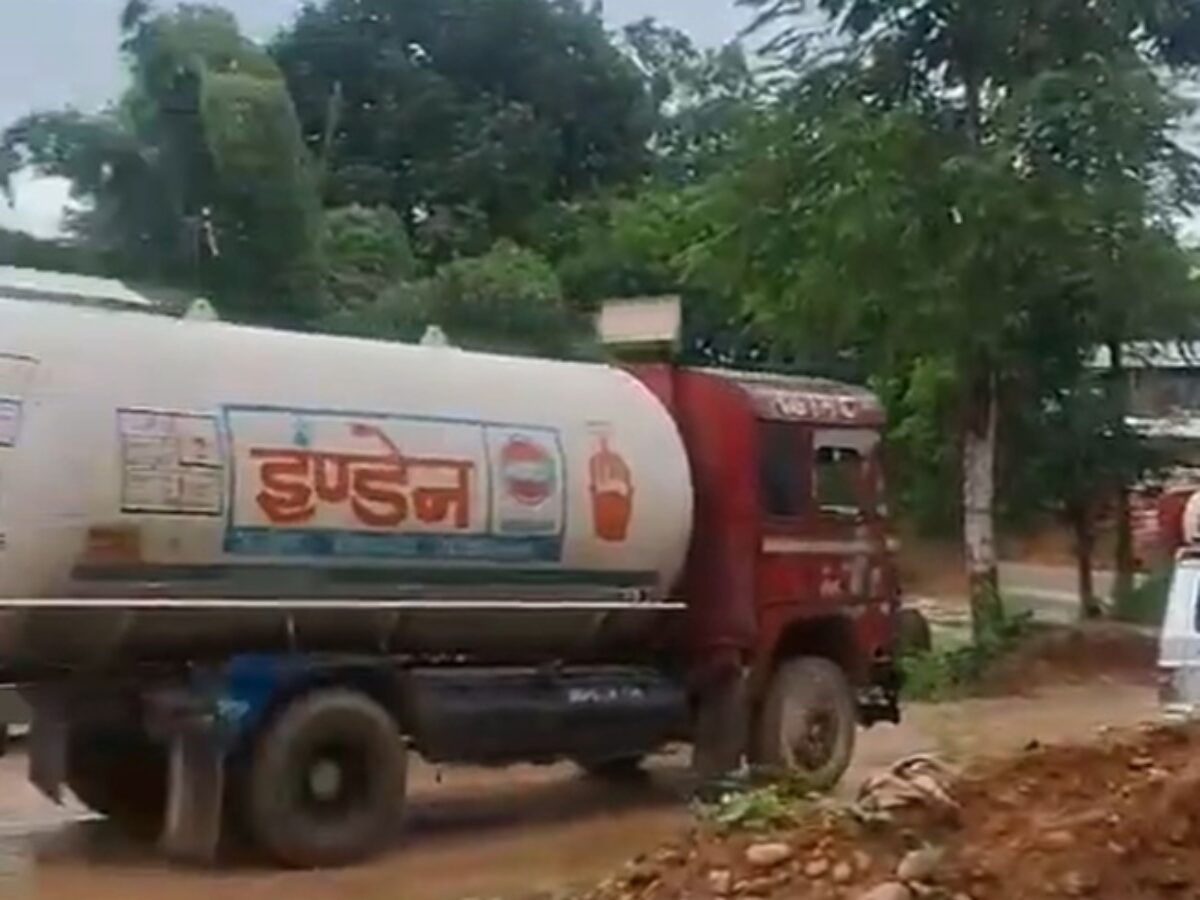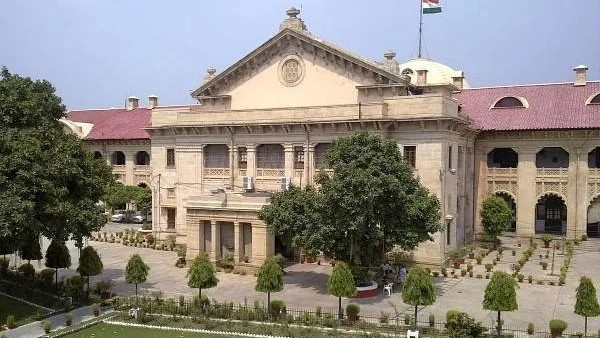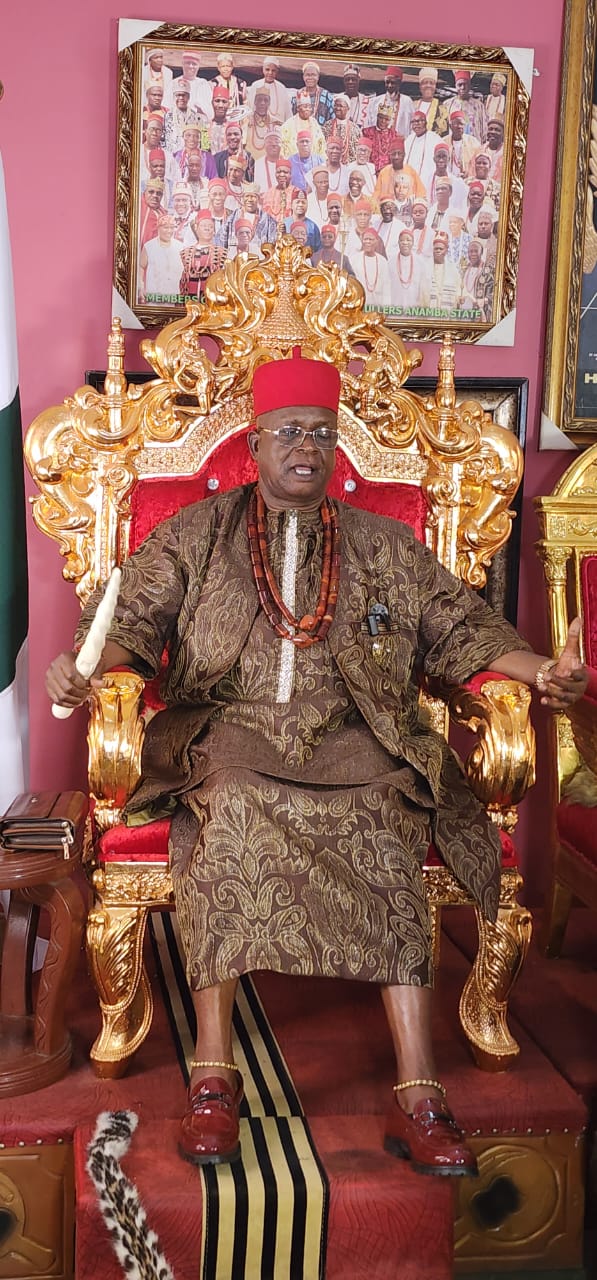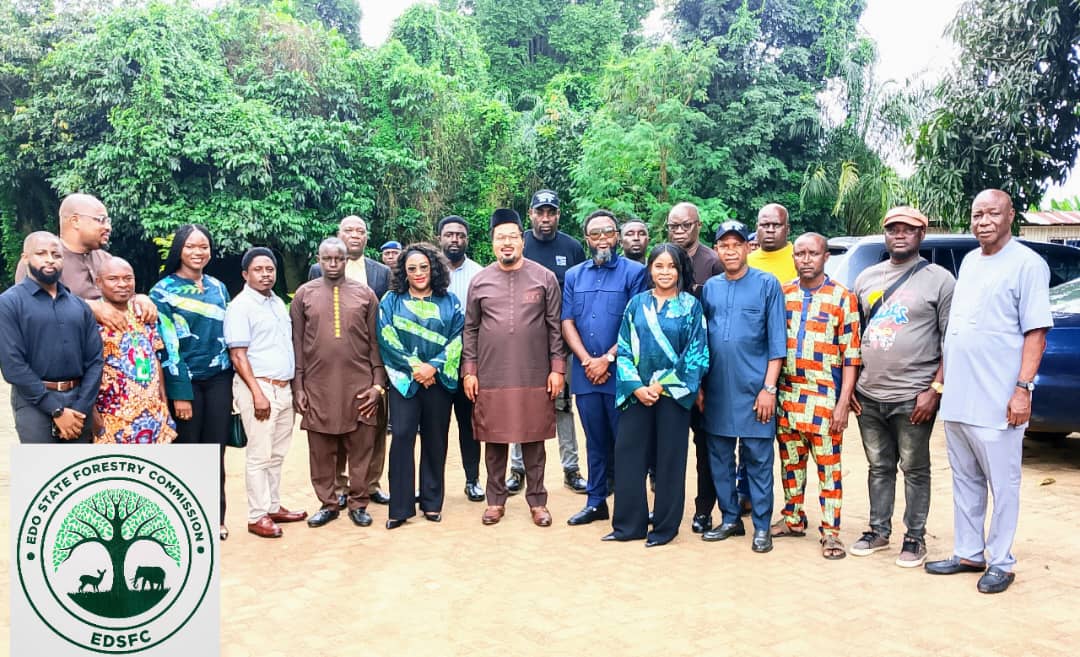Execution of Indian Nurse in Yemen Postponed Amid International Efforts and Victim’s Family’s Unyielding Demand for Retribution
KalimNews with inputs from Agencies | New Delhi | July 17, 2025 : The scheduled execution of Indian nurse Nimisha Priya, who was convicted of the murder of a Yemeni national in 2017, has been postponed following intervention by India’s Grand Mufti Sheikh Abubakr Ahmad and other influential individuals. However, the development comes amid firm and renewed rejection by the victim’s family of any form of reconciliation or “blood money,” intensifying the uncertainty surrounding her fate.
Nimisha Priya, 38, a nurse from Kollengode, Palakkad district, Kerala, was convicted by a Yemeni court in 2020 for the murder of Talal Abdo Mahdi, a former business associate. She has been imprisoned in Sana’a, the capital of Houthi-controlled Yemen, since her sentencing. Her final legal appeal was rejected by Yemen’s Supreme Judicial Council in November 2023, exhausting her judicial options. The execution, initially set for Wednesday, July 16, 2025, has now been deferred temporarily.
The reprieve, however, has done little to change the stance of the victim’s family, who have publicly and repeatedly stated their opposition to any compromise. Talal’s brother, Abdelfattah Mahdi, took to Facebook to declare that “blood cannot be bought” and reasserted the family’s demand for capital punishment under Qisas, or retributive justice under Islamic law.
In a Facebook post written in Arabic, Abdelfattah stated, “Now the execution has been postponed, and we were not expecting that—unfortunately—especially since those who halted the implementation are fully aware of our absolute refusal to any reconciliation attempt in any form.” He further emphasized that delays, mediation, or pressure would not sway their decision, stating, “Delay won’t bend us, pressure won’t move us, blood can’t buy us… and the truth is not forgotten. What lies beyond the setting of the execution date is more difficult than before. We will pursue retribution until the execution. Justice will be served, no matter how long the road takes—with God’s help.”
Mahdi also spoke with BBC Arabic, reiterating that the family was “not only the victim of a brutal crime but also a drawn-out, painful judicial ordeal.” He criticized Indian media outlets for portraying Nimisha as a victim and accused them of attempting to manipulate public sentiment and distort the facts.
Under Shariah law, which governs Yemen’s criminal justice system, the victim’s family holds the right to pardon a convicted person in exchange for “diyat” (blood money)—a practice rooted in Islamic tradition and mentioned in the Holy Quran. However, such a pardon can only be granted with the full consent of the legal heirs, all of whom, in this case, have rejected any such settlement.
In efforts to save Nimisha Priya’s life, her legal team, led by Subhash Chandran K.R., has worked in coordination with the Save Nimisha Priya International Action Council, a global advocacy group with over 300 members. Chandran confirmed that outreach efforts had been made to Yemeni tribal leaders, local authorities, and religious figures to secure a pardon. One such effort included the involvement of Sunni cleric Kanthapuram A.P. Aboobacker Musliyar, whose intervention helped delay the execution.
Business leaders such as M.A. Yusuff Ali, Chairman of the LuLu Group, and Boby Chemmanur, known for philanthropic initiatives, have also pledged financial support to facilitate the blood money, had it been accepted.
Despite the victim’s family’s public refusal, Chandran remains cautiously optimistic. “We do not consider the latest statement from the victim’s brother as a setback but as part of the process,” he told reporters. “Our aim is to convince the entire family. We remain as hopeful as we were when the execution was stayed.”
Government sources in India have indicated that the Ministry of External Affairs (MEA) is monitoring the case closely but has advised restraint in public commentary. A senior official, speaking on condition of anonymity, emphasized the sensitive diplomatic nature of the matter and the potential risks of “unnecessary controversy,” which could complicate negotiations with Yemeni authorities. The MEA has reiterated its commitment to seeking a resolution, while also ensuring no law and order issues arise in Yemen as a result of the public discourse.
It is also reported that the President of Yemen has been approached and may have intervened informally, though no official statement has been released from the Yemeni government.
Nimisha Priya was arrested in 2017 while attempting to flee Yemen, following the discovery of the dismembered body of Talal Abdo Mahdi. The case had attracted wide media attention due to the gruesome nature of the crime and the cross-border legal complexities it entails. She has remained on death row since 2020, with her supporters arguing that she acted in self-defence following sustained abuse.
While the execution has been postponed for now, the path to clemency remains fraught. With no signs of compromise from the victim’s family, and limited diplomatic leverage in conflict-ridden Yemen, Nimisha Priya’s future hangs in a delicate balance.
The Indian government continues to tread carefully, seeking a humanitarian resolution, while the Save Nimisha Priya International Action Council intensifies efforts on the ground and through diplomatic channels.
As things stand, the execution has merely been deferred—not cancelled. The coming days will be crucial in determining whether negotiations bear fruit, or if the law of Qisas will prevail, as demanded by the Mahdi family.


